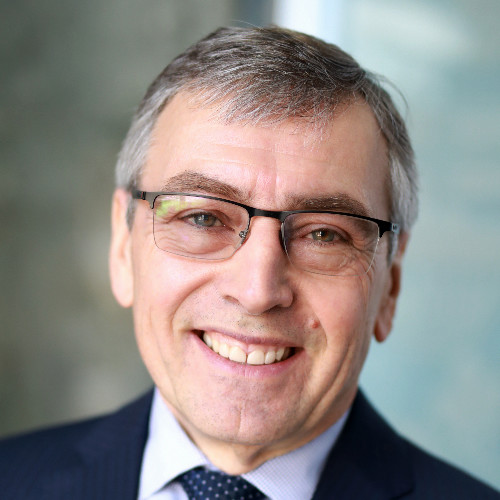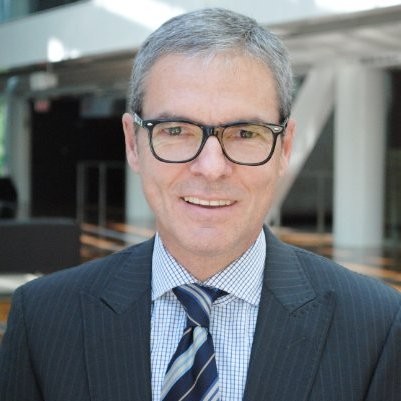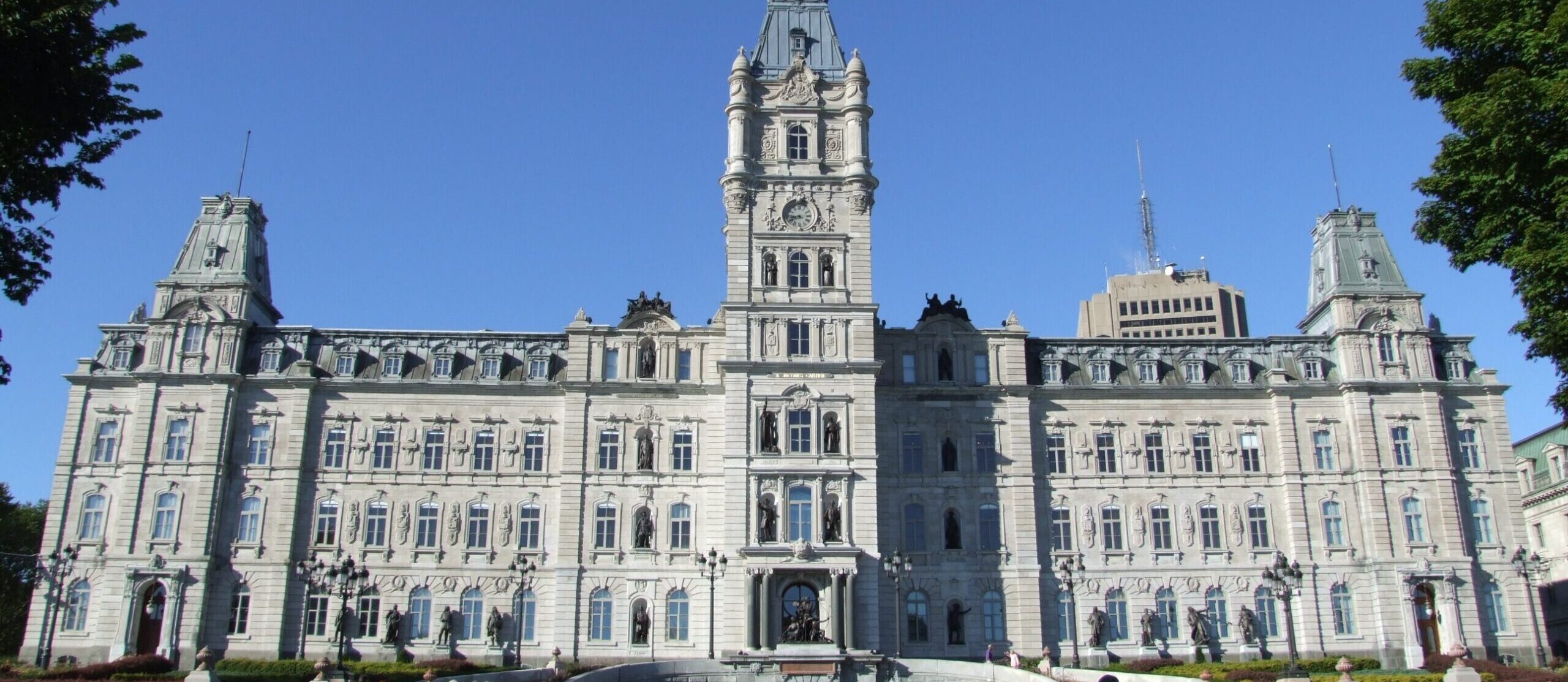The mainstream media remained discreet when the board of directors of the new Santé Québec agency, which will oversee the healthcare network, was unveiled last May. Most major newspapers confined themselves to briefly presenting the members of the board, in a generally positive light.
However, few media outlets highlighted a striking fact: the majority of the members of this new board come from the oligarchy and the upper echelons of the provincial bureaucracy, and very few are healthcare professionals. Here’s a brief portrait of this elite group chosen by the Quebec government who are supposed to improve the accessibility and efficiency of the healthcare system:
Hélène Chartier
Former Vice-President of a private telemedicine company (Telus)

To summarize just some of the many prestigious positions she has held, Hélène Chartier sits on a multitude of boards of directors of major private companies such as Technosub, EMKA Technologies and Gecko Alliance. She was also Executive Director of QG100, a private ”nonprofit” aimed at improving the income of Quebec companies with revenues of over $25 million.
From 2006 to 2017, she was Vice-President of the private telemedicine company TELUS Santé. She worked for ALCATEL in France and for Bell International as part of a technology transfer contract in Morocco funded by the Canadian International Development Association.
Gaston Bédard
Former Vice-President, Mouvement Desjardins

Between 1979 and 2009, Gaston Bédard was CEO of several Desjardins banks, including those in Gentilly, Plessisville, Rocamadour, Limoilou and Nicolet. Until 2020, he was also CEO of the Conseil québécois de la coopération et de la mutualité, a lobby that defends the interests of large corporations.
Anna Chif
Co-founder and Chief Operating Officer of a private telemedicine company (Dialogue)

Being younger, Anna Chif doesn’t have as much experience as some of the other nominees on this list. However, what little she has done speaks volumes about her interests: she was a consultant at McKinsey between 2012 and 2014 and then co-founded DIALOGUE, a private telemedicine company which partly caused the exodus of nurses to the private sector.
Daniel Gilbert
Former CEO, Régie du Bâtiment du Québec

Daniel Gilbert has been involved in real estate management since the early 2000s. He was CEO of the Société immobilière du Québec, which manages the province’s real estate holdings, before it was abolished to become the Société québécoise des infrastructures. He was then CEO of the Régie du bâtiment du Québec, the province’s construction regulator, until 2009. Since 2012, he has been a strategic consultant in private practice.
Geneviève Biron (CEO, Santé Québec)
CEO of Groupe Biron Santé and founder of the private company Imagix

Geneviève Biron, now CEO of Santé Québec, inherited by nepotism the position of CEO of the Biron Health Group, one of the largest private companies in Quebec, which is regularly accused by unions and other organizations of actively participating in the privatization of the healthcare system. Geneviève Biron also founded Imagix in 2005, a private medical imaging clinic.
Christiane Germain (Chairman of the Board)
President and co-founder of the Groupe Germain hotel chain and founding member of the CAQ

Christiane Germain, now Chairman of the Board of the Santé Québec agency, is co-president and co-founder of the Groupe Germain hotel chain, one of Canada’s largest hotel companies. She has also served as President of Québec City’s Urban Community Tourism and Convention Bureau, the Quebec City Summer Festival and the Quebec City Restaurant Association. She is also a member of the prestigious Cercle des Grands entrepreneurs du Québec, an initiative of the Quebec Deposit and Investment Fund, Desjardins Group and National Bank.
Michel Lessard
Prominent positions in numerous private companies as well as several important positions in the federal government

Michel Lessard has held senior positions in a long list of private companies as well as the Canadian federal government. He has held prestigious positions at companies such as Bell Canada, Hansol Iglobe in South Korea, Amdocs Canada and government positions at the Department of National Defence, Natural Resources Canada and Agriculture and Agri-Food Canada. He is now founding president of SCIM Incorporated, a management consulting firm.
Jean-Luc Gravel
Prominent positions in several banking and financial institutions

Jean-Luc Gravel has been a senior manager at several banking institutions, including BMO Nesbitt Burns, Newcrest Capital and TD Newcrest. He also worked for a long time at the Quebec Deposit and Investment Fund and was Strategic Advisor to its President from 2018 to 2020.
Incompetence or dishonesty?
The reform of the Santé Québec agency follows the same model as the reforms of the 2000s and the Barrette reform. The idea of increasing the presence of the private sector to improve the healthcare network is not new, and recent experience shows that it has failed to solve the problems that persist, and which, in fact, are almost unchanged since the end of the last century.
This is happening despite the protests of workers in the healthcare network, who, through their unions, are demanding a more active role in local management, bringing their field expertise to the fore. This is a far cry from the days when the forerunner of CLSCs, then known as community clinics, offered local access to healthcare while involving the community in its management.
In other words, the big players in the private sector don’t seem to be aiming for an efficient healthcare system accessible to all. Instead, the Quebec oligarchy seems to be continuing its progressive privatization of the healthcare sector, supported by public funds, in collaboration with the CAQ government and the Minister of Health. Behind the rhetoric of efficiency-driven reform, we see the emergence of a healthcare system redefined to maximize profits, leaving workers and patients to bear the cost.

